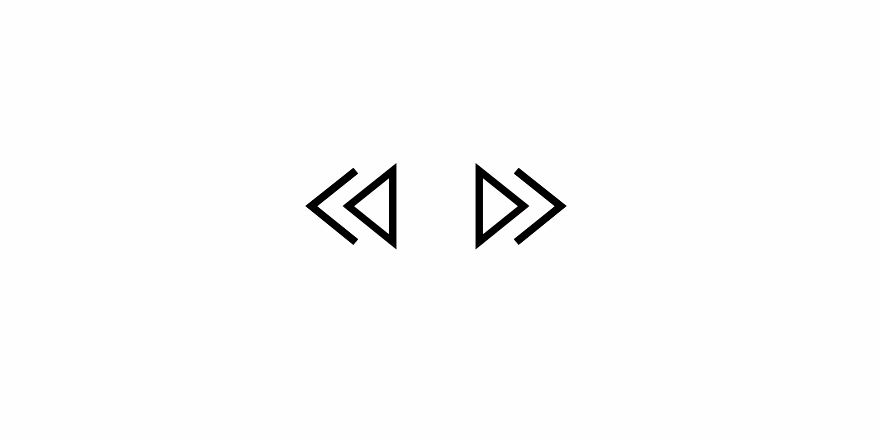Cope, don’t compare
I wrote a version of the below as we started ideating on what Fit to Get Well would be, and what we hoped it could be for readers. And as I came to take a look at my words from a few months ago, I realized that while I’ve consciously worked to stop comparing myself to others (though it’s certainly a work in progress), there is one person I compare myself to daily—me, pre-pandemic.
We’ve all spent the last few months learning to cope with a once-in-a-lifetime pandemic. That discomfort you’re feeling? That’s grief, Scott Berinato wrote for the Harvard Business Review. I’ve grieved, but I haven’t grieved the loss of my old self yet, and I’ve far from accepted that she’s gone. I believe she’d enviably compare herself to me now—out of debt, more consistently taking care of herself, back and doing well at work. She’s good at that “grass is always greener” thought process.
But one thing I’ve learned (something she and I both have been good at finding) is that there’s comfort in numbers, and there is an entire world of people out there that despite being literally isolated, are all sharing the same experience. And while it’s easy to compare 2020 to 2019 with a longing for the past, or 2020 to 2021 with a hope for the future, sometimes the best thing you can do for yourself is to just cope.
From March 16, the day I chose not to return to my New York City apartment, up until the day I wrote the initial draft of this article, May 5, I’ve undergone all the stages of grief.
Denial took the form of my weekender bag filled with enough clothes for only the bachelorette party I was attending, though I knew there was a significant chance I wouldn’t be returning to the city for some time— “this will last me a week if I do laundry once,” I told myself.
Anger consumed many of my quarantine-induced fights with my family.
I oddly bargained with myself—exercise today and you’ll have job security tomorrow. Have a productive morning and the cases will start to dwindle. I made the kind of mental promises I’ve made my entire life in the hopes that my actions can effect change in a way that makes next to no sense, though it doesn’t stop me from trying.
I reached depressive feelings the second day after I was furloughed from my full-time writing job (no, it seemed my daily workouts could not ensure job security).
Acceptance came about two weeks and thirty job applications later, as I started to arrange my schedule around Zoom workouts with my friends, cooking elaborate—or at least five-ingredient meals—and signed up for a free online class on the science of happiness for “just something to do.” I certainly wasn’t enjoying quarantine, but I was accepting it. I made a TikTok account & bleached a matching sweatsuit.
And this is where I found another stage of not necessarily grief, but certainly a stage of quarantine. A stage or state of being I’ve been familiar with and operated under my entire life. I’ve compared others’ quarantine situations with their friends, pools, autonomous space and money with my own arguably great situation surrounded by people I love. I’ve compared my weight, something I swore I’d stop doing years ago, with those I see on social media. And without a consistent outlet of escape—work, seeing friends, exploring my city—I started to internalize these comparisons.
But for some reason, recognizing and self-analyzing hasn’t helped me stop. If anything, it’s made me feel worse about myself and why I find the need to compare myself to perfect strangers, my friends, and those I’m connected to by only a social media string. The closest resource I could find to consult the why and how not to of my current headspace was a well-written CNBC Make It article about dealing with stress-related productivity during the COVID-19 pandemic. It urges us, especially anyone with a predisposition to anxiety, to resist social media and the internet’s calls to be productive during this time, and to be okay with just being. To take social media with a grain of salt—something I plead with myself to do every day, reminding myself, whether cliché or not, that it’s a highlight reel and not a window to reality. And while I completely agree, I know myself well enough to know that just being is, to my psyche, a synonym for boredom. So how do I act and keep myself moving throughout the day while simultaneously accepting that these actions may not have successful results—a full-time job, a side job, lots of engagement with this very website, social media likes?
So to be completely honest, I’m still figuring it out. I’m abiding by common suggestions (common, because they are helpful) when I can hold myself to it: limit my time on social media, connect with people I care about, and try to learn something new without expectation or pressure. But I’m actively trying to move beyond this comparing stage to one of coping.
I abide by Teddy Roosevelt’s well-heeded advice that comparison is the thief of joy. It’s also a purveyor of discontentment. And during a time when we’re all already discontented by our daily circumstance and saddened by the state of the world, we need self-driven positivity more than ever. Dr. Susan Biali, writing for Psychology Today, offers helpful tips to break a comparing habit, specifically to avoid triggers and use comparison as a motivational tool. And a little motivation goes a long way, especially when we are all just coping.
